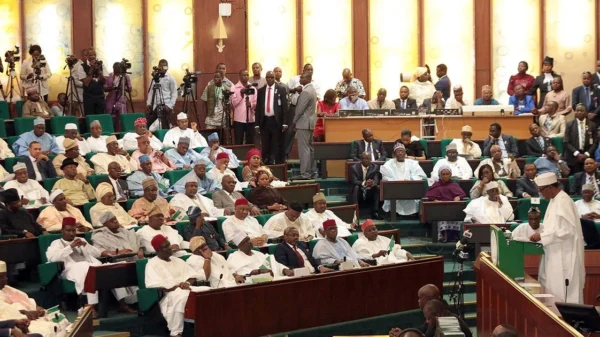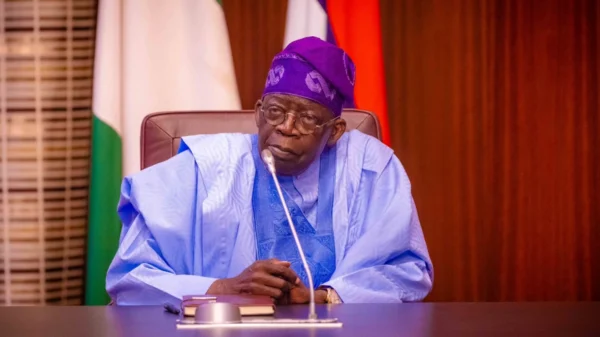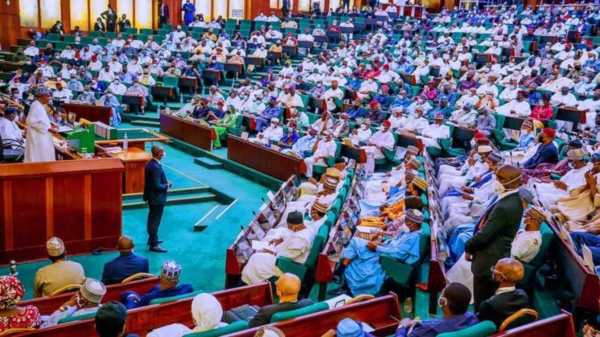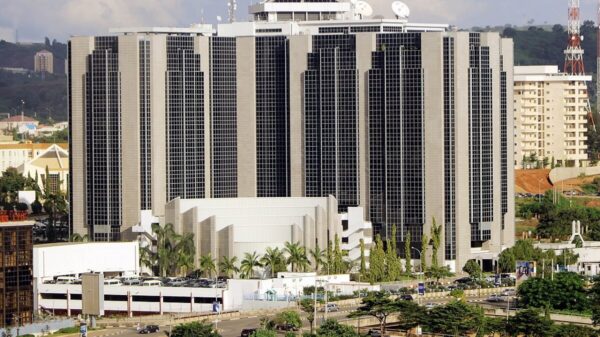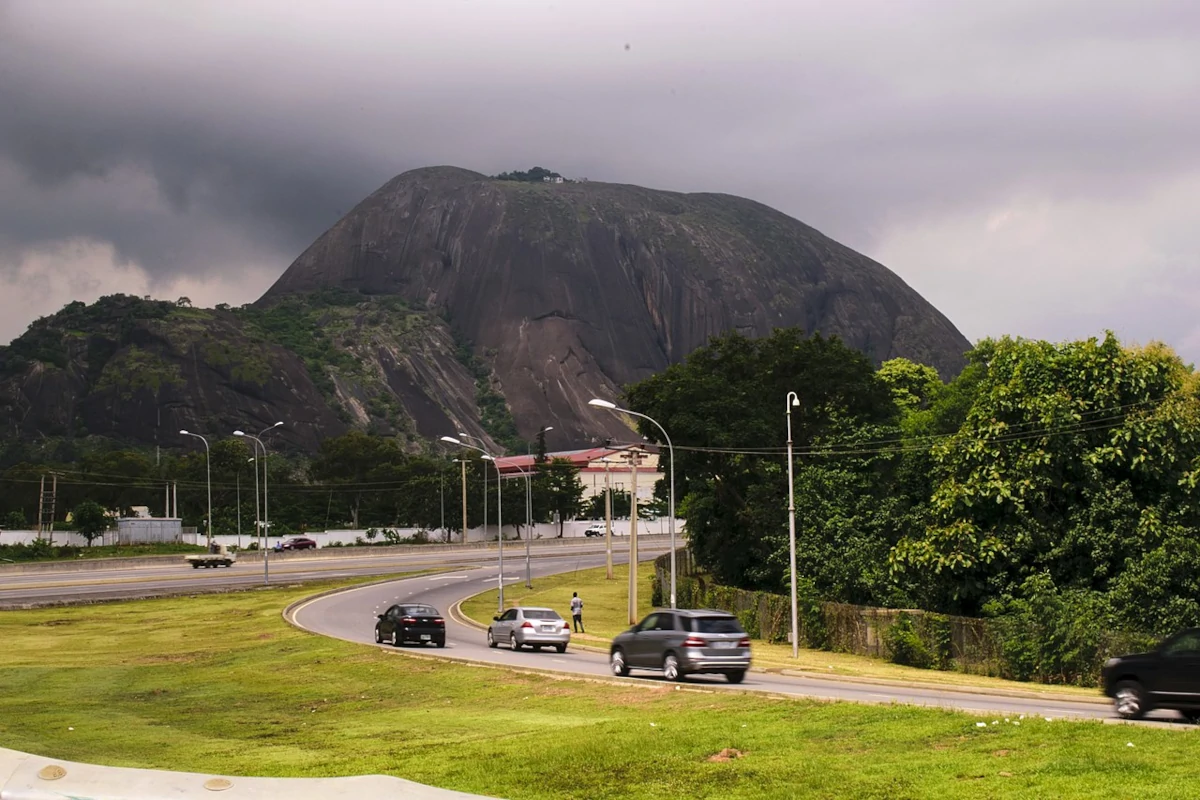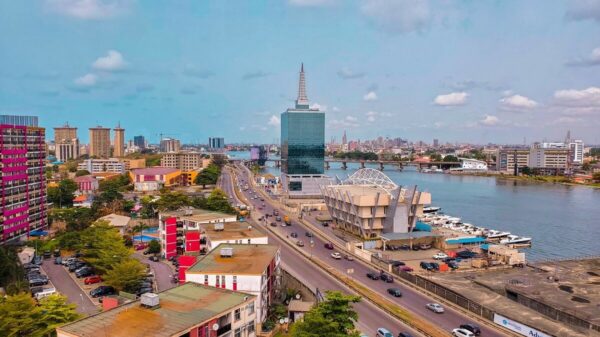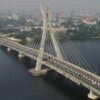Major Takeaways
- Corruption and incompetence are the most significant issues in Nigeria’s executive leadership.
- Integrity and accountability are two of the most essential qualities to look for in a leader, given Nigeria’s history of corruption. But leaders must also be visionaries who have the ability to think strategically to improve Nigeria.
- In addition to having competent and ethical leaders, Nigeria needs to strengthen its institutional frameworks for governance, strengthen the legal system, and promote merit-based appointments.
- An ideal leader in Nigeria should be able to build bridges across ethnic and regional divides and put the common good before personal interest.
It’s hard to find a Nigerian who is happy with the country’s current state. Every year, the country of over 200 million people, with all the ingredients to become an economic powerhouse, falls further into the pits of poverty and peril. Many Nigerians are disillusioned with the political system, with leaders they see as corrupt, inefficient and unresponsive to the needs of the people. In the 2019 elections, only 35% of all eligible voters participated in the electoral process— a far cry from the 69% in the 2003 elections. With the 2023 elections fast approaching, it’s imperative to understand how leadership has failed Nigeria and what qualities make a great leader.
Leadership, a Task Failed Successfully
Executive leadership is the process of guiding and directing an institution or a country towards its goals and objectives. In Nigeria, the executive arm of government is headed by the President, who is responsible for overseeing the affairs of the country and formulating and implementing policies and programs at the national level. The many arms of the executive extend further down, a three-tiered cake of corruption that includes the federal, state and local governments.
The current state of executive leadership in Nigeria is characterized by a lack of accountability, transparency, and ethical conduct. The President and other top government officials are often accused of corruption, nepotism, and tribalism, which has eroded the people’s trust in the government and hampered the country’s development. The consequences of ineffective executive leadership are evident in the country’s poor economic performance, insecurity, and social unrest.
Several factors contribute to the failure of executive leadership in Nigeria. But corruption is the most prominent. It has become a pervasive problem in Nigeria, which ranks 150th of 180 countries on the corruption perceptions index. Government officials and politicians are regularly accused of embezzling public funds and using their positions for personal gain. It is estimated that Nigeria has lost more than $400 billion in oil revenue to corruption since its independence. Unfortunately, the lack of accountability and transparency in government institutions has also contributed to the problem, making it difficult to detect and prosecute corrupt officials.
The allegations of nepotism and tribalism are not unfounded, either. The current president, Muhammadu Buhari, has appointed many family members to key positions in the country as a reward for their support. Despite criticism, they remained in their positions. The persistence of tribalism in the country has led to presidential zoning, an unconstitutional practice that attempts to alternate the presidency between the North and the South, and also ensure that the president and vice president are from different tribes and religions. While this practice exists to keep the country united, it also serves to promote tribalism and can remove competent people from positions of power simply because they are from a different tribe.
“If I don’t grant them appointments, what would then be their reward for supporting me all these years?”
— President Muhammadu Buhari, allegedly in response to allegations of nepotism
The Recipe for Making a Great Leader
Nigeria does not need a great leader to save it. The culture that is responsible for the rot cannot easily be defeated by the actions of one man. To fix Nigeria’s leadership problems, the country needs a set of leaders who are accountable, transparent, and ethical. But what makes a great leader, and how can we identify them?
A great leader is able to balance a variety of skills and qualities to effectively lead and inspire the state to success. Great leaders should possess qualities such as vision and strategic thinking, competence and adaptability, integrity and accountability, decisiveness and an ability to delegate, resilience and reliability, and charisma and great communication skills. While each of these qualities is essential, a combination of them is required to make a great leader. An ideal leader in Nigeria should be someone with a track record of competence, integrity, and commitment to public service. Such a leader should also be able to build bridges across ethnic and regional divides and put the common good before personal interest.
Let’s further discuss why each of these skills is important, with examples from other countries.
- Integrity and Accountability
Given Nigeria’s history of corruption, integrity and accountability are two of the most essential qualities to look out for in a leader. Integrity refers to the honesty, ethics, and moral values of a leader, while accountability refers to the willingness to take responsibility for their actions and decisions. Leaders who possess these qualities are more likely to inspire trust, respect, and loyalty among their followers.
President Buhari’s 2015 campaign ran on such a mandate, selling the country the dream of an ethical leader with an abundance of integrity—a valiant soldier against the institute of corruption. His administration has launched several high-profile corruption investigations, including the trial of former national security adviser Sambo Dasuki and the prosecution of former petroleum minister Diezani Alison-Madueke. However, many argue that the administration has done more to fuel corruption than quench it.
- Vision and Strategic Thinking
Whether it is an institution, a company, or a state, progress is a hallmark of good leadership. To progress, however, the state must have a vision and work towards it with every action, inaction, or decision. Leaders must therefore be visionaries and have the ability to think strategically. To improve Nigeria, our leaders must have a compelling vision for the state and strive to make that vision a reality. They should be able to develop a long-term strategy that takes into account the needs of all stakeholders and adapts to changing circumstances.
Lee Kuan Yew, the first Prime Minister of Singapore, is an excellent example of a visionary leader and strategic thinker. He is credited with transforming Singapore from a third-world country to a first-world economy in a span of just a few decades. Lee envisioned Singapore’s future as a prosperous, modern, and thriving nation, and his strategic thinking was instrumental in turning his vision into a reality.
- Competence and Adaptability
Due to the culture of nepotism in the country, competence has been hard to find in Nigeria’s leadership. Competence refers to the knowledge, skills, and abilities required to perform a task or lead a team, while adaptability refers to the ability to adjust to new situations and challenges. A competent leader who lacks adaptability may struggle to lead effectively in changing circumstances, while an adaptable leader without competence may struggle to make effective decisions.
Nigeria’s rushed and botched implementation of the Naira redesign shows the importance of competence in executive leadership. The policy was made with an unrealistic timeline, improper logistics and implementation, and banks were not prepared to handle the volume of digital transactions following the cash shortage that resulted from the policy.
In this regard, our leaders can learn a thing or two from Angela Merkel, the former Chancellor of Germany. She is widely regarded as one of the most competent and adaptable political leaders of our time, navigating her country through numerous crises, including the 2008 European financial crisis, and the 2015 European migrant crisis. She also recognized the importance of technology in driving economic growth and innovation, and she supported policies to promote digitalization and entrepreneurship in Germany, while working to reduce Germany’s reliance on fossil fuels.
- Decisiveness and Delegation
Decisiveness refers to the ability to make quick, informed decisions, while delegation involves the ability to identify the right people for a job and empower them to carry out their responsibilities. Leaders who are decisive and skilled in delegation are better able to manage their time and resources, improve the efficiency of their organization, and develop the potential of their team members. This is especially important for a federal cabinet, where ministers must be appointed to serve with some measure of independence over critical ministries.
One national leader who is known for their great appointments of ministers and good collaboration with key stakeholders to solve issues is Jacinda Ardern, the former Prime Minister of New Zealand. In response to the COVID-19 pandemic, Ardern worked closely with health officials, business leaders, and community groups to develop a comprehensive strategy to protect the health and well-being of New Zealanders while also minimizing the economic impact of the pandemic.
- Resilience and Reliability
In a nation like Nigeria, with diverse peoples and conflicting interests, a good leader should also be resilient and reliable. They should be able to take criticism, bounce back from setbacks and stay focused on their goals. This can help them overcome challenges and stay motivated in the face of adversity. Leaders who are resilient and dependable are better able to inspire trust, build strong relationships and achieve long-term success.
Xi Jinping, the current President of China, is an excellent example of a resilient leader. Jinping has faced numerous criticisms and challenges during his tenure, including a trade war with the United States and the COVID-19 pandemic, but he has remained steadfast, while being adaptable enough to reverse policies that don’t work.
- Charisma and Communication
Charismatic leaders are individuals who possess a certain charm, magnetism, and persuasiveness that can inspire and motivate others to follow them. Charismatic leaders often use their emotional intelligence and communication skills to build strong emotional connections with their followers. They are able to rally people around a cause or idea, and are typically able to mobilize people to take action in pursuit of a common goal.
They achieve this by connecting with their followers and making them feel that they understand their thoughts and opinions. For this reason, charisma can be a very dangerous skill. It is not inherently positive. A charismatic but selfish leader can use their charm and persuasiveness to manipulate or deceive others to put their own interests ahead of those of the state.
An example of a charismatic leader is Volodymyr Zelensky, the President of Ukraine. In the wake of the Russian Invasion, he has proven to be an effective communicator, constantly updating his people in a masterful display of strength and vulnerability. His speeches motivate and reassure the Ukrainian people, as well as allies and international observers. This stands in sharp contrast to the Nigerian president’s handling of the new Naira notes crisis, where riots broke out in urban centers the day after his attempt to reassure the people.
Although there are many skills and nuances involved in good leadership, the above cover the basics well. Leaders are often remembered for what they do, not who they are, and many great leaders have had only a fraction of the qualities listed. In addition to having competent and ethical leaders, Nigeria needs to strengthen its institutional framework for governance. The country’s legal system needs to be strengthened so that it can effectively prosecute and hold accountable corrupt officials. And merit-based appointments and contracts in government institutions should be promoted. Ultimately, with the right leadership, Nigeria can achieve stability, economic growth, and improved quality of life for its citizens.
Farook is a data scientist and writer passionate about generating insights to Nigerian issues.


